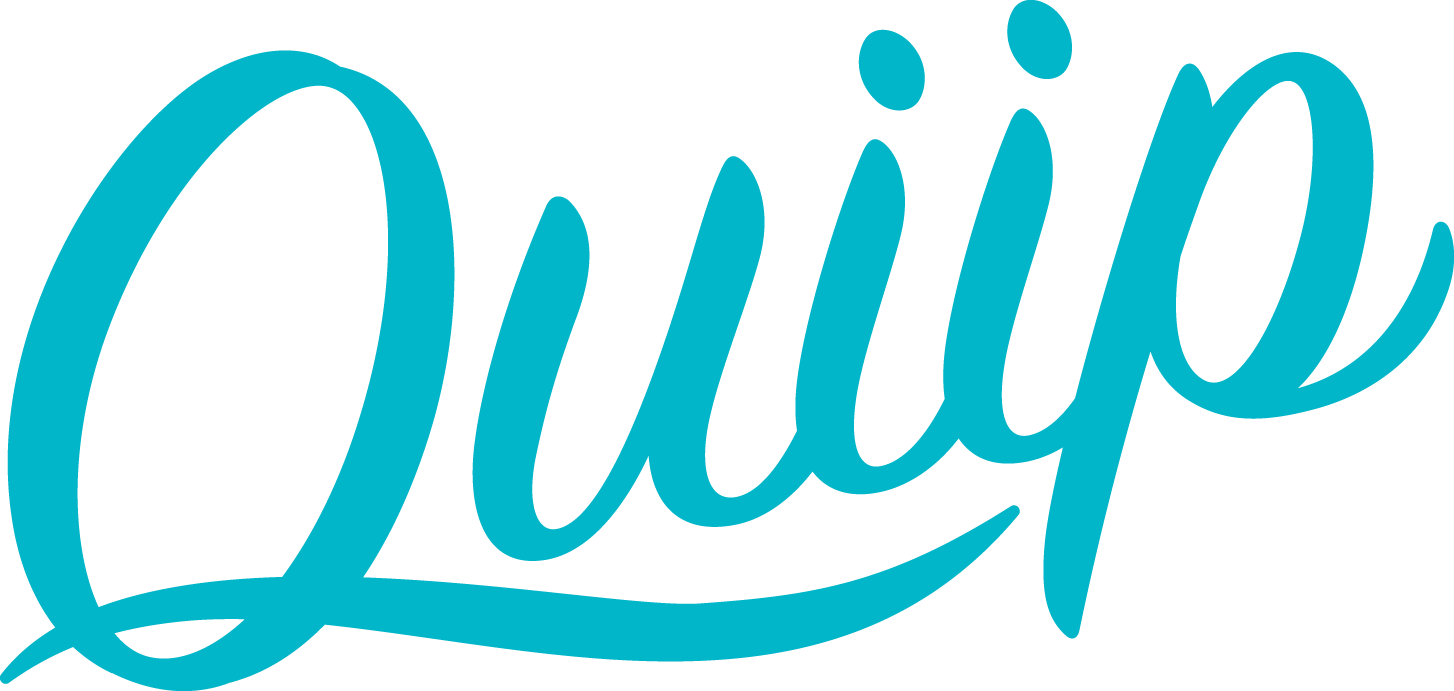Alternatives to Facebook for audience engagement and community building
The sudden decision by Facebook to remove news from their platform in Australia in February created huge collateral damage. Thousands of non-news organisations, from domestic violence hotlines to emergency weather channels and small arts organisations were caught up in the ban, losing temporary access to their pages and unable to post updates from their own websites.
While access was eventually restored, following negotiations with the Federal government, the chaos of the past few weeks has given pause to many social media managers who have been using Facebook as a primary channel to communicate with their audiences and build community. While Facebook offers some excellent audience building tools, it also has complete ownership over the data and monestisation of this audience – as well as the ability for your audience to see the content you’ve created for them.
Thankfully, there are many alternatives to building communities on Facebook. When choosing alternatives, be guided by the purpose of your community as well as the audience and content that makes your community unique.
Owned communities
At Quiip, we have long advocated for owned communities where possible. Unlike free social media platforms, owned community platforms are owned and managed by your organisation, usually using third-party software. You own all of the member data and the ability to monetise your content and services.
Owned communities are usually highly customisable to your brand, and typically offer more moderation tools than the average social media platform – so you can quickly deal with trolls and troublemakers.
Another benefit of owned communities is that they tend to be secure and anonymous, which makes them a great fit for sensitive or high-risk communities, like the Beyond Blue and SANE forums.
A challenge with building an owned community is that you’ll have to attract your own audience there – you don’t have the built-in audience discovery and promotion tools of a social media platform.
Some well-established community platforms to consider are Higher Logic, Khoros, Vanilla Forums, Tribe, Slack, Discourse and Salesforce Experience Cloud.
Alternative social media platforms
With Facebook the dominant platform for both social media users and advertisers, it’s a bit crowded over there. If you are building a community for younger audiences, featuring majority audio-visual content you might want to consider TikTok, Instagram or Snapchat. Community-building and moderation tools are minimal, but these platforms excel at storytelling. Creating authentic and immersive content is a fantastic way to attract a crowd of engaged fans – and you can and should engage with them in the comments and DMs.
Another option is to engage with existing fan communities on platforms like Reddit, where AMAs and dedicated subreddits allow for authentic, moderated discussions between brands and fans.
New community models
Facebook doesn’t reward creators directly – in fact, they’ll use your audience data to sell ads for other brands. There are emerging platforms that do pay creators and community builders, like and reward community-building.
Patreon has a built-in community feature for paid subscribers and can augment content and community built on other podcasts and other social media platforms. A community for genuine fans has the built-in benefit of deterring trolls: people don’t tend to pay to join communities they don’t like.
A community platform for paid online courses – Mighty Networks – also allows you to host a community alongside your paid content, rather than sending them to another site for support and discussion.
With new platforms emerging continually, it’s worth reviewing your audience engagement strategy regularly to see if Facebook (and other platforms) are still cutting it.
Need some help and advice with your community strategy? Get in touch with Quiip for an obligation-free chat.
